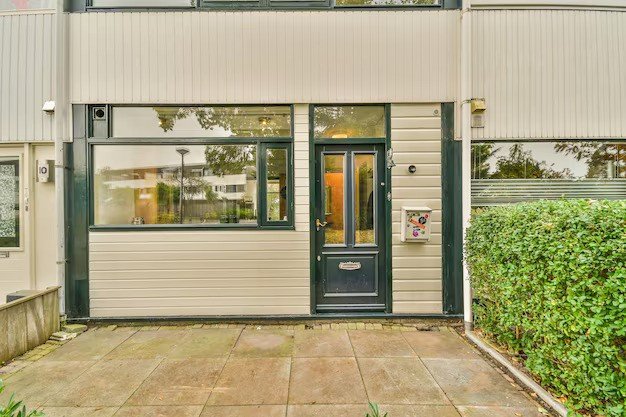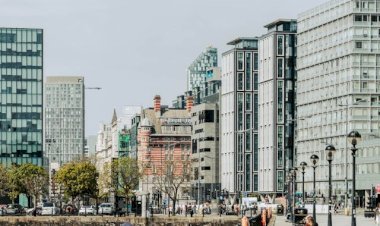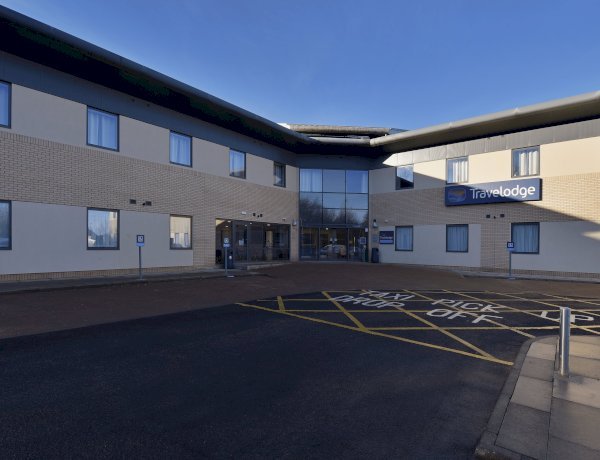How to Find the Perfect Small Business Space for Rent – 2025 Guide
A simple guide to finding the perfect small business space for rent in 2025. Learn about rent costs, top tools, leases, licenses, and space tips.

In 2025, finding the right space for your small business is more important than ever. Whether you're starting a coffee shop, opening a creative studio, or launching a service-based company, the place you choose affects your brand, budget, and long-term success. This guide will help you plan, search, and rent a small business space the smart way.
What Is a Small Business Space?

A small business space is a physical location you rent to run your operations. It could be:
-
A shop or boutique
-
A small office
-
A café or bakery
-
A salon or repair shop
-
A creative studio or mini warehouse
These spaces typically range between 300 to 2,000 square feet and may include:
-
Kitchen or bathroom facilities
-
Storage space
-
Electrical and internet hookups
-
Heating/air conditioning
-
Wheelchair access
-
Locks, shutters, or other security features
If customers will visit you, choose a place that’s easy to find and has good parking or foot traffic.
Small Business Rental Trends in 2025

Rental prices vary by city. Here are average rent prices per square foot:
| City | Avg. Rent (Per Sq. Ft.) | Common Use Cases |
|---|---|---|
| New York City | $4.75 | Retail, food counters |
| Los Angeles | $3.90 | Offices, studios |
| Chicago | $2.80 | Service shops, salons |
| Austin | $2.50 | Tech/startup hubs |
| Miami | $3.20 | Cafés, boutiques |
Emerging cities like Phoenix, Nashville, and Charlotte offer lower rates and are becoming hotspots for small businesses.
New trends in 2025:
-
Short leases (6–12 months) are more popular
-
Shared workspaces are gaining popularity
-
Landlords offer incentives like 1 month free rent or flexible terms
Step-by-Step: How to Find the Right Space
1. Know What You Need

Ask yourself:
-
How much space do I need?
-
Will customers visit?
-
Do I need storage, kitchen, or private office?
-
What kind of layout suits my business?
-
Is signage allowed?
Also consider zoning laws (commercial vs. mixed-use).
2. Pick a Good Location

Look for areas that are:
-
Near your customer base
-
Safe and well-lit
-
Properly zoned
-
Not overcrowded with competitors
Use tools like Google Maps, Yelp, and LoopNet to explore areas and compare foot traffic.
3. Set Your Budget.

Besides monthly rent, factor in:
-
Utilities (water, power, internet)
-
Cleaning and waste services
-
Setup costs (signs, furniture, paint)
-
License or permit fees
-
Maintenance or repairs
Tip: Spend no more than 10% of your monthly income on rent. For more, read how much money do you really need to start a business.
4. Use Trusted Sites to Search

Top platforms for commercial rentals:
-
LoopNet
-
Zillow Commercial
-
Craigslist (use caution)
-
Crexi
-
Instant Offices (for co-working or serviced spaces)
Set alerts to track new listings and compare multiple options.
5. Visit and Compare Locations

Tour at least 3–5 places. Check:
-
Light, ventilation, and windows
-
Plumbing, air conditioning, power access
-
Internet speed
-
Noise levels and cleanliness
-
Nearby suppliers or services
-
Parking and accessibility
Document visits with photos and notes.
6. Read the Lease Carefully

Before signing:
-
Check lease duration
-
Confirm renewal and exit terms
-
Know who pays for repairs
-
Understand rent hike clauses
-
See if signage or layout changes are allowed
If unsure, consult a legal advisor.
7. Negotiate Before You Sign

You can ask the landlord for:
-
1–2 months of free rent
-
Discounts for long leases
-
Help with painting or setup
-
Flexibility in exit terms
Landlords often offer better deals in off-peak seasons like January or mid-year.
Space Needs by Business Type
| Type of Business | Size Needed | Special Needs |
| Café or Bakery | 600–1,200 sq. ft. | Kitchen, vent, seating |
| Retail Shop | 500–1,000 sq. ft. | Display, foot traffic |
| Office | 300–700 sq. ft. | Quiet, private meeting space |
| Salon | 600–1,000 sq. ft. | Plumbing, mirrors, chairs |
| Art Studio | 800–1,500 sq. ft. | Bright light, open layout |
| Small Warehouse | 1,000–2,000 sq. ft. | Shelving, loading dock |
Do You Need Permits or Licenses?

Yes. Most cities require:
-
Business license
-
Fire and safety permits
-
Health permit (for food or salons)
-
Zoning approval
-
Signage permit
Visit your city or county business department or use SBA.gov to check requirements.
Do You Need Insurance?

Absolutely. Landlords will require proof of:
-
Liability insurance
-
Property insurance
-
Business interruption coverage
-
Workers' compensation (if hiring staff)
More on this in our article: Understanding the financial aspects of starting and running a business.
What to Do After Renting

-
Connect electricity, water, internet
-
Install security systems, lighting, and signs
-
Clean and furnish the space
-
Get any final permits
-
Add your location on Google Maps
-
Announce your launch on social media
For promotion tips, explore: 7 effective strategies to improve your business visibility in 2025.
Helpful Free Tools for Setup

-
SBA.gov – Licenses and permits help
-
LoopNet – Find rentals
-
Canva – Make business flyers
-
QuickBooks – Track expenses
-
Square – Accept card payments
-
Trello or Google Sheets – Project planning
Final Checklist

-
Know your space needs
-
Set your budget
-
Pick a suitable location
-
Search and compare listings
-
Visit in person
-
Read the lease terms
-
Get required permits
-
Negotiate before signing
-
Set up your utilities and furniture
-
Promote your business before opening
Conclusion
In 2025, renting the right small business space is a key step toward long-term success. By planning your needs, exploring your budget, and negotiating smartly, you can find a location that helps your business grow. Pair this rental checklist with our guide to startup funding and startup spending strategies to build a business with a solid foundation.
FAQs
1. How much space does a small business need?
Most need 300 to 1,200 square feet.
2. How much rent should I pay?
Try to keep rent under 10% of your monthly earnings.
3. What should I check before signing a lease?
Check lease time, rent increase, who pays for repairs, and exit rules.
4. Do I need permits or licenses?
Yes, you need a business license and other city permits.
5. Can I ask the landlord for a better deal?
Yes, you can ask for lower rent or a free month.




























